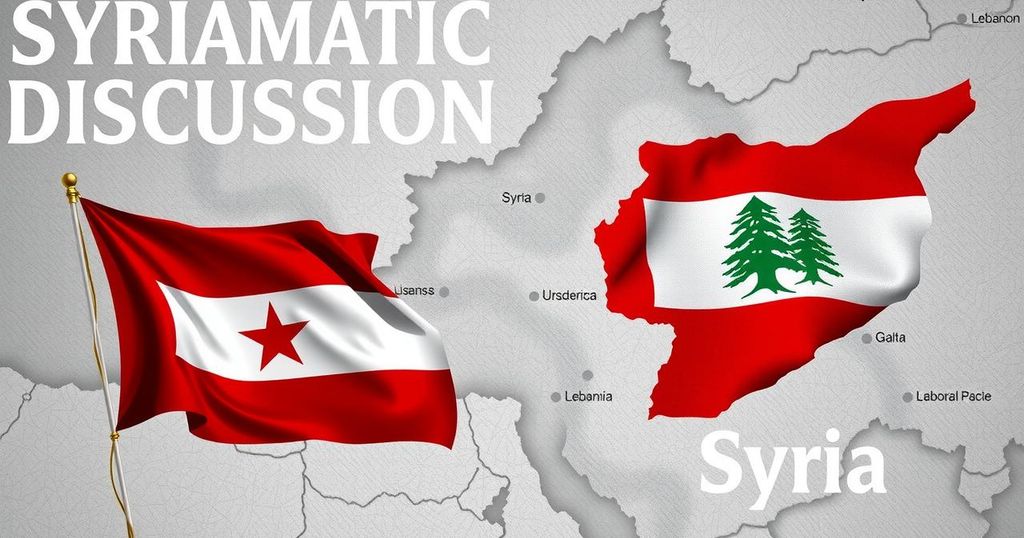S. Jaishankar, India’s External Affairs Minister, addressed the geopolitical issues in West Asia at the Manama Dialogue, emphasizing ongoing conflicts from Gaza to Syria. He highlighted the complexities of competing national interests and India’s unique position of engaging both Israel and Iran. Jaishankar also discussed maritime security and projected economic growth, underlining West Asia’s significance to India’s future.
During his address at the Manama Dialogue in Bahrain on December 9, 2024, Indian External Affairs Minister S. Jaishankar highlighted the complex geopolitical challenges currently facing the West Asian region, particularly the conflicts spanning from Gaza to Lebanon and Syria. He emphasized the importance of India recognizing the competing interests in this area, especially as the situation in Syria evolves with reports of rebel forces seeking to dismantle Bashar al-Assad’s administration.
Jaishankar noted, “What we do in my business is essentially try to address the challenges of the day as collectively and as effectively as possible… at the same time, we have to be realistic about competing interests in this region.” He pointed out that the changing dynamics involve various countries collaborating on different issues, even within the same region.
He also commented on the critical relationship, or lack thereof, between Israel and Iran, acknowledging it as a significant concern in India’s diplomatic strategy. India maintains the unique position of engaging with both nations, facilitating a communication link that remains crucial, particularly amid ongoing tensions such as Iran’s missile strikes against Israel following escalations involving Hezbollah.
Furthermore, Jaishankar addressed security concerns in maritime routes affected by Houthi militant attacks in the Red Sea, asserting India’s vested interest in mitigating risks to shipping and commercial operations. He underlined the economic implications of these tensions, highlighting that the safety of shipping lanes is paramount to India and other nations reliant on these routes.
In discussing India’s burgeoning economy, Jaishankar remarked, “India is today almost a $4 trillion economy, we expect to comfortably double that this decade.” He acknowledged the significance of strengthening trade relations with the West Asia region, projecting a substantial increase in trade which currently stands around $800 billion. This growth underscores the strategic importance of the region to India’s economic future.
In summary, Minister Jaishankar’s address encapsulates India’s commitment to addressing regional challenges while fostering economic growth and navigating complex geopolitical landscapes in West Asia.
The Indian government’s engagement in West Asia, particularly through its external affairs ministry, reflects an understanding of the multifaceted conflicts affecting the region, including the upheaval in Syria and ongoing tensions between Israel and Iran. The West Asian region is of strategic importance to India due to historical ties, economic aspirations, and security interests, given India’s dependence on energy imports and its significant diaspora in the Gulf.
In conclusion, the remarks made by Minister S. Jaishankar at the Manama Dialogue illustrate India’s strategic approach to navigating the challenges in West Asia. By emphasizing the need for a realistic understanding of regional complexities and showcasing India’s economic ambitions, Jaishankar presents a vision of proactive engagement that aligns national interests with regional stability. The commitment to enhance diplomatic efforts with both Israel and Iran, as well as responding effectively to security threats, illustrates India’s critical role in shaping a prosperous future for the region as well as its own economy.
Original Source: indianexpress.com






